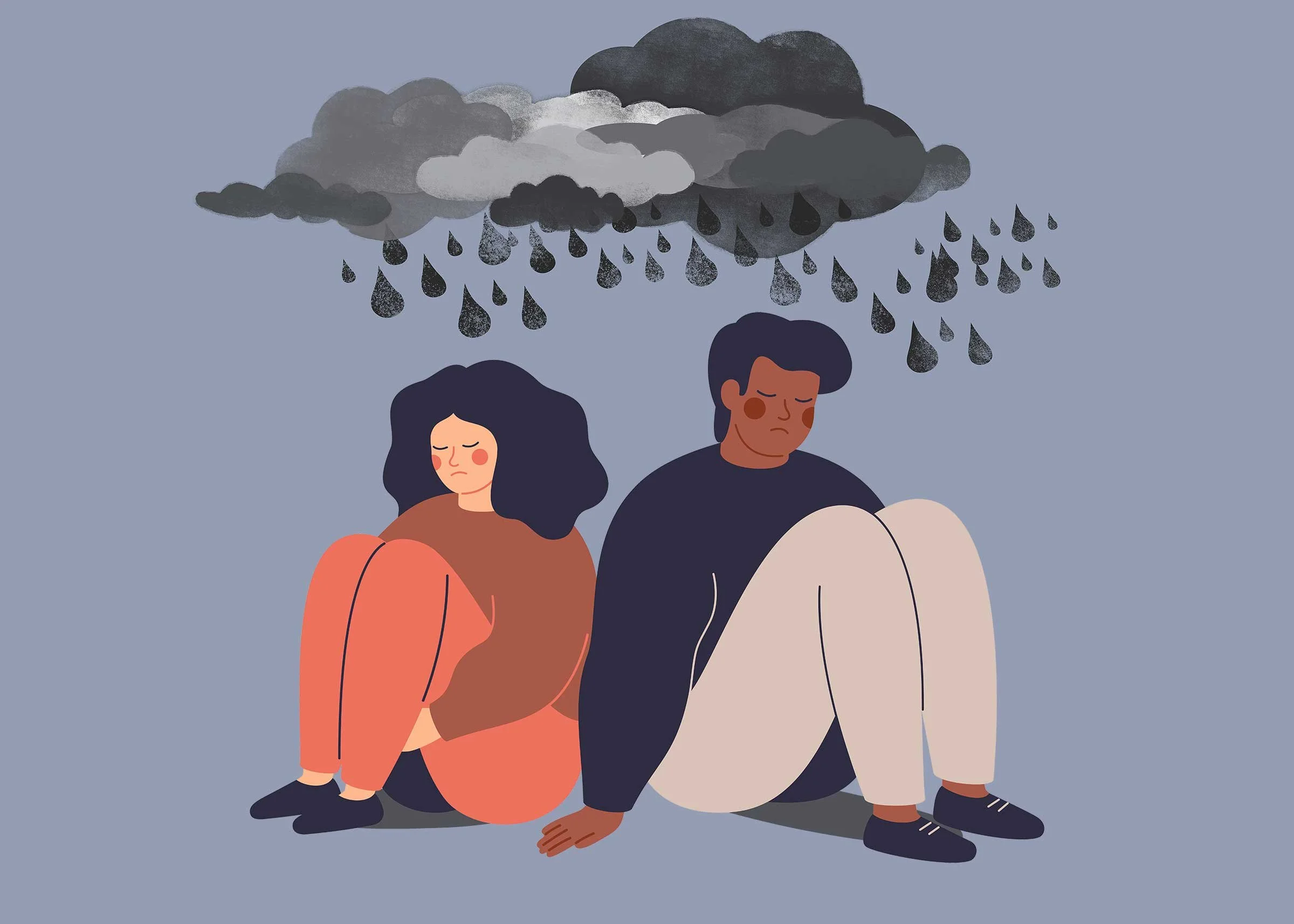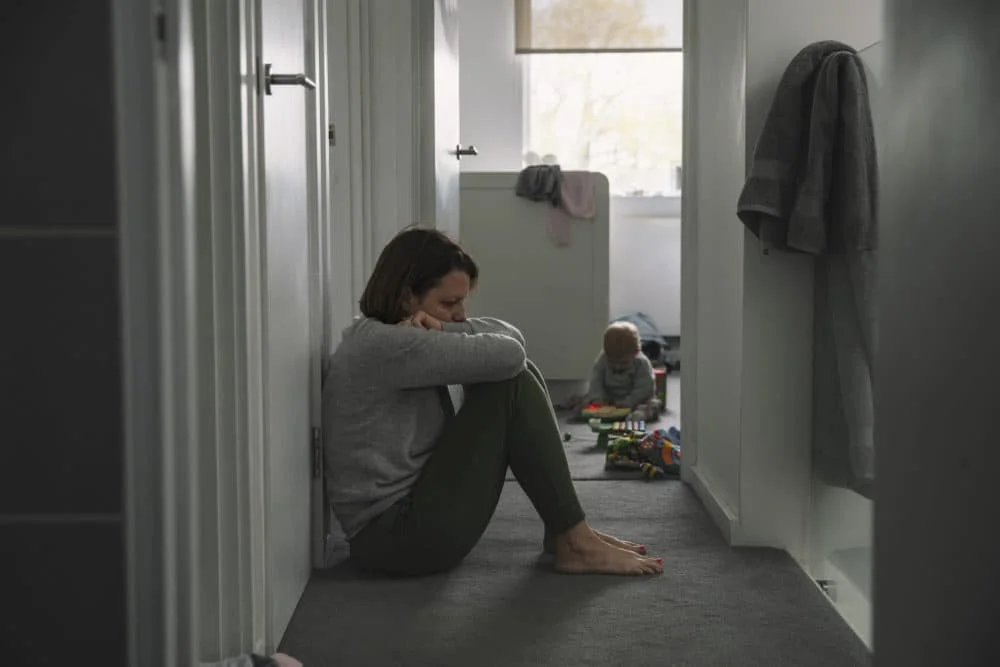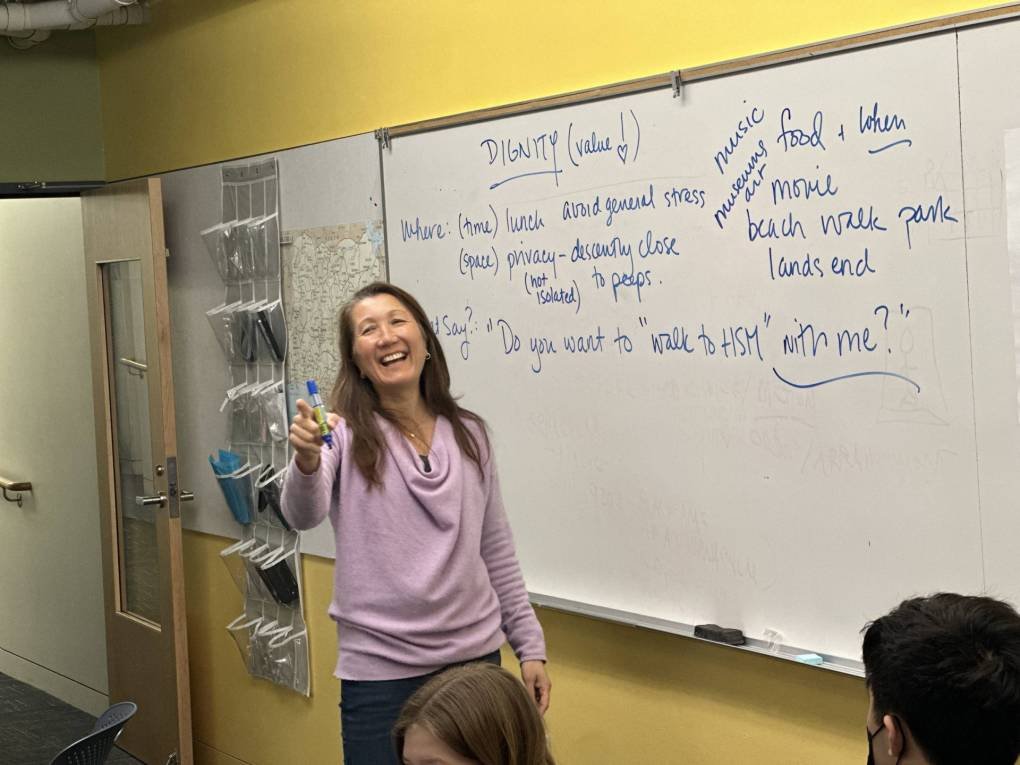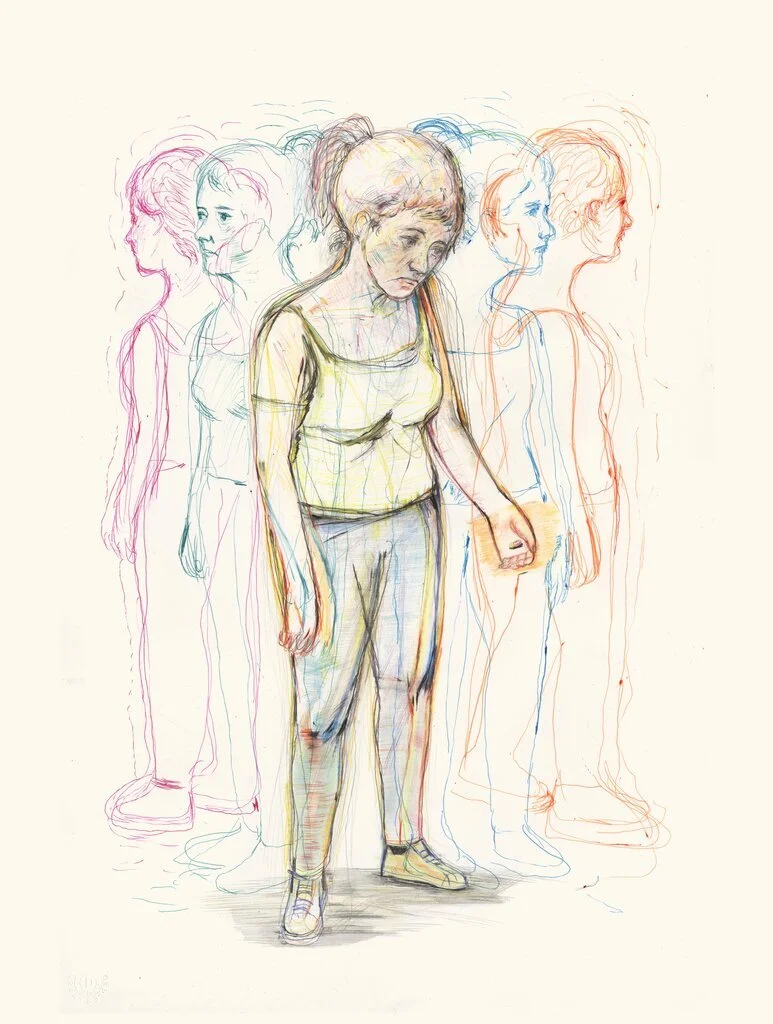“Making Caring Common is more than a curriculum,” says Third Street Elementary School parent Jocelyn Minton. “It’s about changing how kids treat each other and teaching them how to care for one another by getting the whole community involved including parents, teachers, and students.”
Read MoreRead the latest from Making Caring Common!
You’re in the right place for our media coverage, blog posts, and event information. Our work spans a range of topics, all connected by our commitment to elevate caring and concern for the common good at school, at home, and in our communities. You can review what’s new below or use the dropdowns to sort by topic and category.
Be sure to join our email list and connect with us on Facebook, LinkedIn, and Instagram, to stay current with Making Caring Common’s news and updates. If you’re a member of the media, please visit our Media Room.
Sort by topic
- Access and Equity
- Bias
- Bridging
- Building Connection
- Bullying
- COVID
- CSN
- Caring and Empathy
- College Admission
- Consent
- K-12
- Loneliness
- Mental Health
- Misogyny and Sexual Harassment
- Moral and Ethical Development
- Parenting
- Purpose and Meaning
- Romantic Relationships
- School Culture and Climate
- School Integration
- Social-Emotional Learning
- State of Caring
- Turning the Tide
- Voter Mobilization and Civic Education
- Youth Advisory Board
Sort by category
In a national MCC survey, young adults between the ages of 18 and 25 reported loneliness more than any other demographic. Rick Weissbourd discusses these findings with Insider.
Read MoreThis CNN interview with MCC’s Rick Weissbourd about the link between parent and teen mental health has one key takeaway: the best way to improve family mental health is to start talking.
Read MoreThis Psychology Today piece looks at key findings from MCC’s Caring for the Caregivers report, which shows that caregivers' mental health is suffering as much as their teenage children’s mental health.
Read MoreWe all feel some form of worry at times, whether it’s about our child’s sleep or eating habits, our performance at work, or paying next month’s rent. Often, our day-to-day worries are normal and manageable. But when these feelings are intense, frequent, and impact everyday activities, they may be a sign of anxiety.
Read MoreThe reasons behind achievement pressure are complex, but journalist and author Jennifer B. Wallace says a key to improving a child’s wellbeing is to ensure that they feel they are valued for more than their accomplishments.
Read MoreHow can we best support our children in sports? The TOC podcast dives deep into this question with MCC’s Rick Weissbourd (hint: the answer isn’t yelling at referees).
Read MoreAggressive behavior among parents is on the rise in youth sports, according to this CBS News report. Reporter John Dias checked in with MCC’s Rick Weissbourd about the phenomenon.
Read MoreTime Magazine takes a look at Making Caring Common’s data on the critical link between parent and teen mental health.
Read MoreOur report, Caring for the Caregivers The Critical Link Between Parent and Teen Mental Health, shows high rates of anxiety and depression among parents of U.S. teens. As part of our report, we developed the list below of recommended resources for supporting parent and teen mental health.
Read MoreCan a focus on character in admission help colleges and universities maintain a level of racial and economic diversity after the U.S. Supreme Court’s ban on race-conscious admission? Jon Edelman explores the idea in this piece for Diverse Issues in Higher Education.
Read MoreVeronica Fernandez-Alvarado explores MCC’s college admissions work in this piece for Diverse Issues in Higher Education.
Read More“If we really want to understand what is going on with teens, we have to understand them in the context of their families," MCC's Rick Weissbourd tells Good Morning America. "One crucial way we can support teens is by supporting their parents."
Click through to read more about the critical link between parent and teen mental health, along with five tips for promoting parent and teen well-being.
Read MoreWBUR’s Radio Boston hosted an in-depth conversation with MCC’s Rick Weissbourd about our parent mental health report. Take a listen below.
Read MoreRomper sat down with journalist Jennifer Wallace to discuss her new book about raising healthy kids in an achievement-focused environment. Wallace cites a conversation with MCC’s Rick Weissbourd as a “lightbulb moment” for the book.
Read MoreConsent education can help teens have better romantic relationships and can even help schools create a culture of empathy and inclusion. This Mind/Shift piece zooms in on one educator’s experience and cites MCC’s romantic relationships report.
Read More"Compounded over months and years, loneliness can gradually become a self-fulfilling prophecy. And when the emergency sirens are already blaring, it can be difficult to make the changes necessary for a more fulfilling life."
How do we begin to treat the loneliness epidemic? This thoughtful essay in The New York Times offers some ideas.
Read MoreOur new report, Caring for the Caregivers The Critical Link Between Parent and Teen Mental Health, suggests that parents of teens in the U.S. are suffering rates of anxiety and depression similar to teens. Fortunately, much is known about how to mitigate these emotional troubles in parents, how to guide parents in knowing and providing vital emotional support to their teens, how to reduce the harmful impact of parental depression and anxiety on teens, and how to head off damaging parent-teen dynamics. As part of our report, we developed five core strategies for promoting parent and teen mental health.
Read More"Loneliness is traditionally defined as a gap between the relationships you have and the relationships you require," MCC’s Rick Weissbourd told Morningstar’s MarketWatch. Click through to read more about the loneliness epidemic in the U.S.
Read More“There is a largely untold story about parent mental health in America,” MCC's Rick Weissbourd tells The Hill's Daniel de Vise. “Parents’ and teens’ mental health are deeply interwoven, and we need to do much more in this country to support parents and to promote their mental health.”
Read more about the link between parent and teen mental health in The Hill.
Read More




















